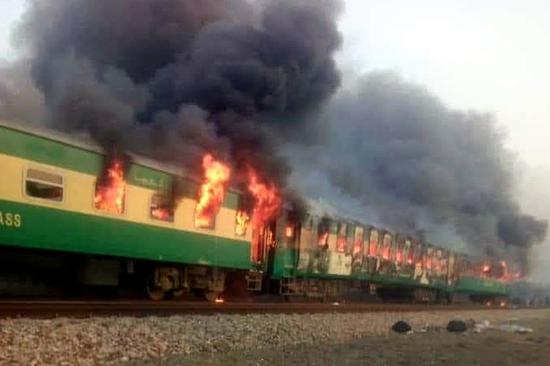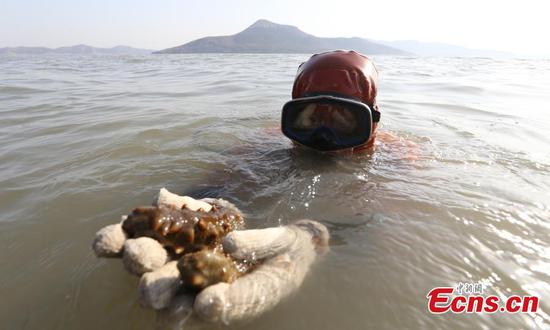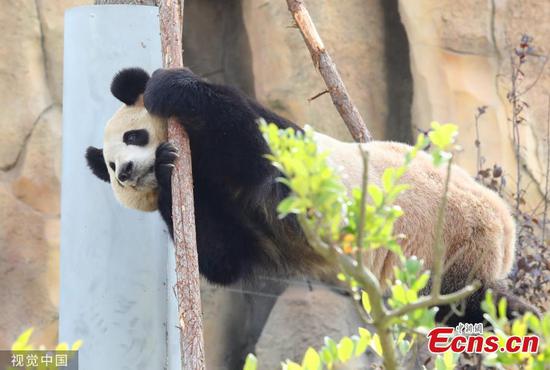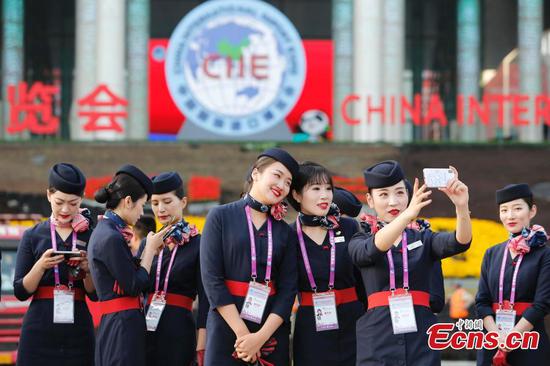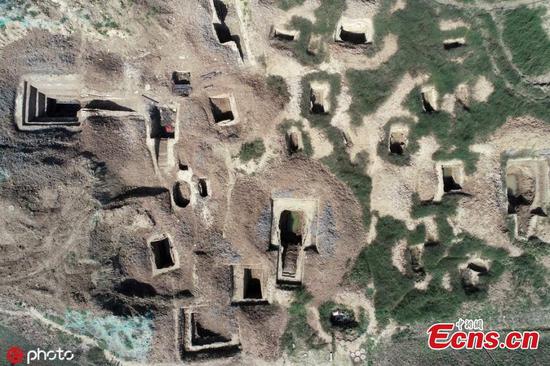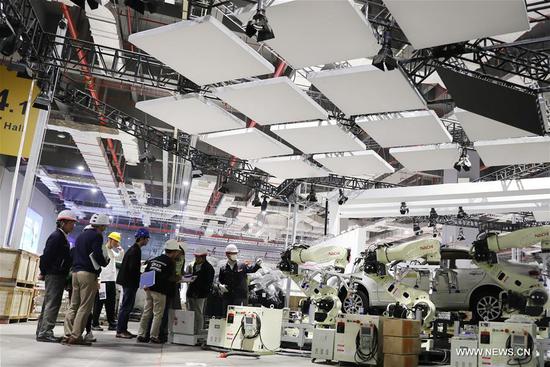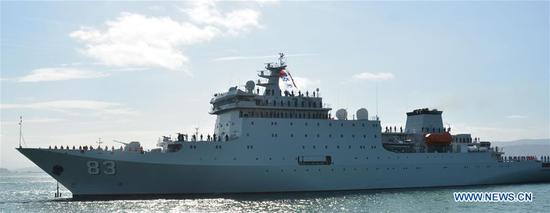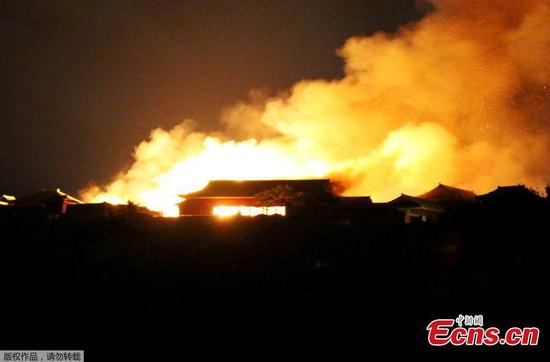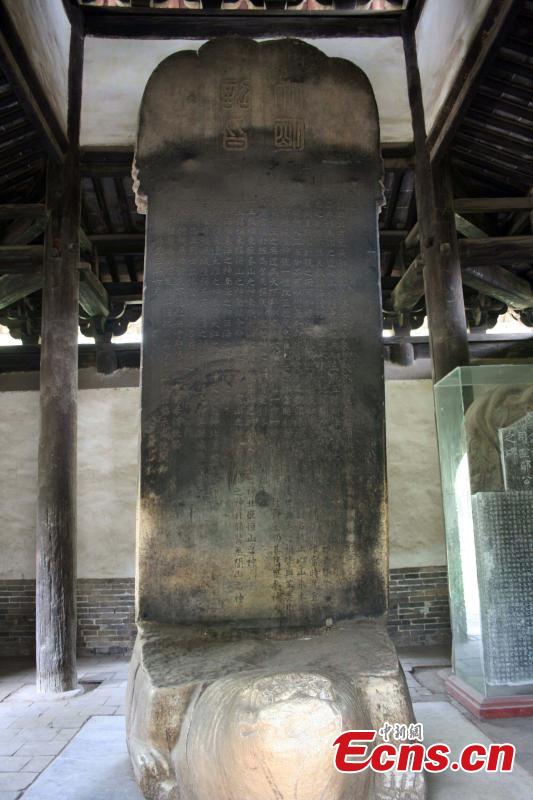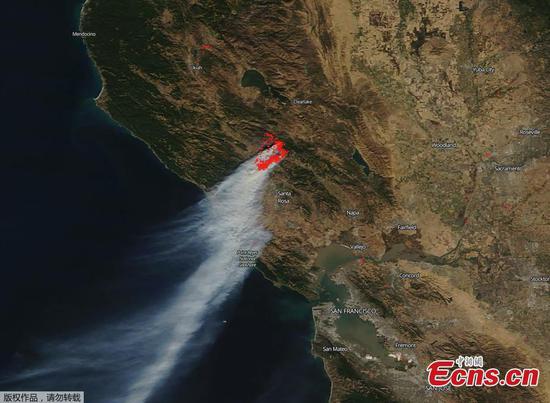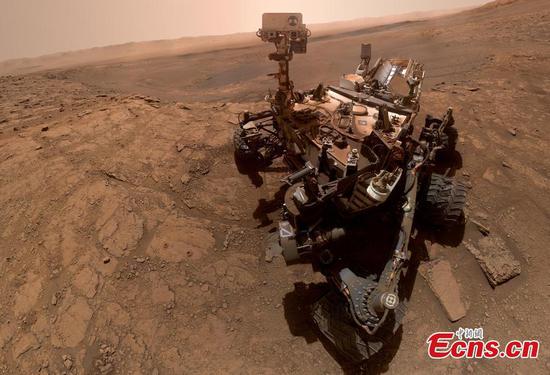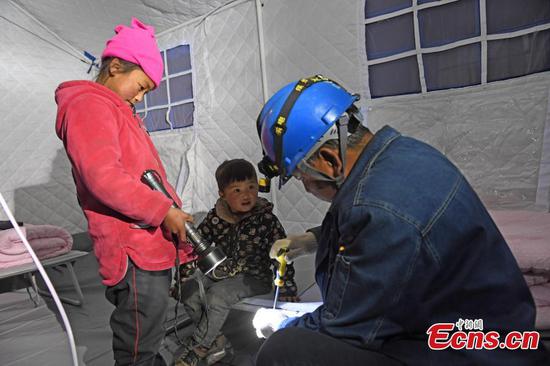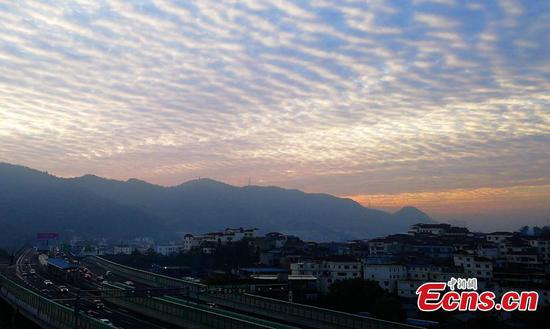The Chinese military will not sit idly and allow the United States to deploy land-based medium range missiles in Asia-Pacific countries, and the Ministry of National Defense urged relevant nations to act cautiously and responsively to avoid unwise actions, its spokesman said on Thursday.
In August, U.S. Defense Secretary Mark Esper said the U.S. plans to deploy land-based, medium-range weapons in the Asia-Pacific region in the future. In the same month, the U.S. officially pulled out of the Intermediate-range Nuclear Forces Treaty, a landmark arms control deal signed in 1987 between the U.S. and the former Soviet Union to eliminate the two sides' land-based ballistic missiles with ranges between 500 kilometers and 5,500 km.
While the location for the U.S.' missile deployment is still unclear, the decision has already drawn strong protests from Russia and China. This month, during the 9th Xiangshan Forum in Beijing, China's premier security dialogue, Russian Defense Minister General Sergei Shoigu said the "real reason" for the U.S.' withdrawal from the treaty was to "hold back" Russia and China.
"There are grounds to believe that U.S. strike capabilities previously banned under the INF Treaty are highly likely to be deployed in the Asia Pacific and Europe to increase tensions," he said. "Such a decision will lead to an arms race, to the growth of a potential for conflict, and will raise the probability of incidents."
In a news briefing on Thursday, Senior Colonel Wu Qian, the ministry's spokesman, said the U.S. pulling out of the treaty has a "direct negative effect" on global strategic balance, regional peace and security, as well as international arms control.
"The withdrawal is another example of the U.S. pursuing unilateralism and avoiding international responsibilities," he said, adding the true purpose behind the action is to "liberate itself and pursue a one-sided military advantage".
"China resolutely opposes the U.S. deploying these missiles in the Asia-Pacific region," he said. "This will severely damage the security interests of nations in the area and undermine regional peace and stability. China will absolutely not sit idly and allow the U.S. to have its way."
China hopes relevant countries can act cautiously and responsibly in handling this matter, thus avoiding reckless actions, he said. Foreign media has reported that U.S. defense officials have discussed the possibility of hosting the missiles in Japan and South Korea, though no conclusive decisions have been reached.
When commenting on U.S. Vice-President Mike Pence's recent speech on China, Wu said the Chinese strongly oppose the "baseless accusations and slanders" made in his speech.
Pence criticized China for militarizing the South China Sea and regularly menacing sailors and fishermen from the Philippines, Malaysia and Vietnam. He also accused China of using the Belt and Road Initiative to establish military footholds in ports around the world.
Wu said the situation in the South China Sea is becoming more stable, and China has played a major role in this trend.
"At the same time, the U.S. is constantly flexing its muscles and causing trouble in the South China Sea, facilitating the militarization of the region," he said.
Regarding the BRI, Wu said China has stressed many times that the initiative is solely for economic cooperation and "carries no geostrategic or military purpose. We hope the U.S. can put down their colored glasses and stop making up lies."













